In today’s fast-paced manufacturing landscape, efficiency, precision, and speed are paramount to maintaining a competitive edge. For businesses dealing with high-volume product packaging, the adoption of advanced automation technology is not just an advantage—it’s a necessity. At the heart of this transformation is the Fully Automatic Cartoning Production Line, a sophisticated system designed to streamline the complex process of product packaging, offering unparalleled consistency and output.
What is a Fully Automatic Cartoning Production Line?
A Fully Automatic Cartoning Production Line is an integrated system of specialized machines that automate the entire process of taking a product and placing it into a carton (box), sealing it, and preparing it for the next stage of logistics. Unlike semi-automatic or manual operations, a fully automatic line requires minimal human intervention, primarily for supervision, material replenishment, and maintenance.
This line typically integrates several key functions seamlessly:
- Product Feeding: Precise mechanisms feed individual or collated products (e.g., bottles, blister packs, sachets) into the cartoning machine.
- Carton Erecting (or Forming): Flat carton blanks are automatically pulled from a magazine, erected into their three-dimensional shape, and the bottom flaps are tucked or glued.
- Product Insertion: The product is pushed or placed into the open carton, often using servo-driven or robotic arms for highly accurate and gentle handling.
- Carton Closing and Sealing: The top flaps are sealed, typically using hot-melt glue or a tuck-in mechanism, ensuring a secure closure.
- Coding and Labeling: Integration of printers (e.g., inkjet, laser) or label applicators for lot numbers, expiration dates, or other regulatory information.
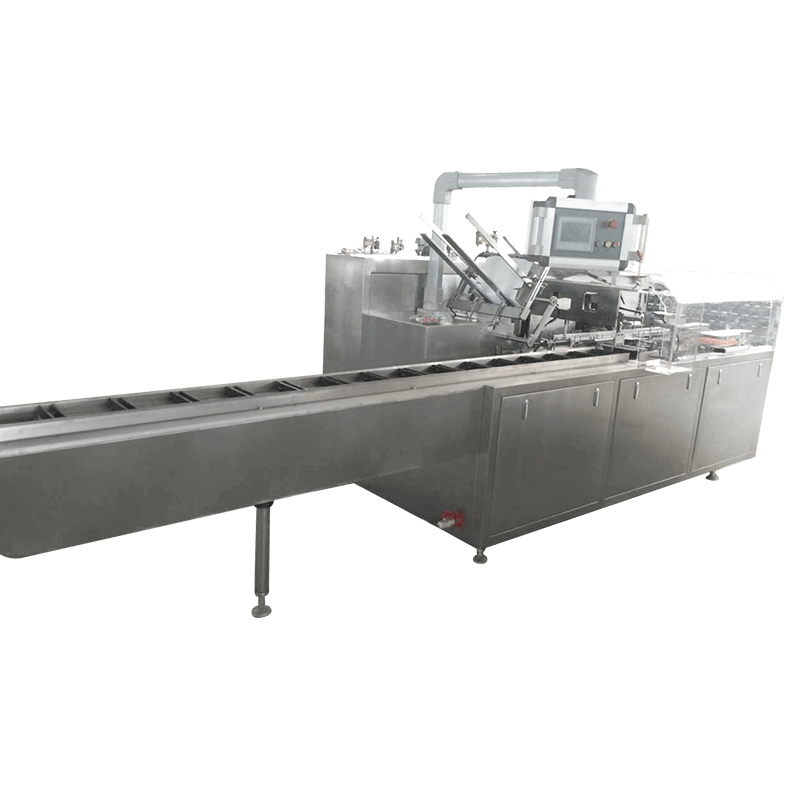
Key Advantages and Business Impact
The implementation of a Fully Automatic Cartoning Production Line yields significant operational and financial benefits across various industries, including pharmaceuticals, food and beverage, cosmetics, and consumer goods.
- Maximized Throughput and Speed: These systems are engineered for continuous, high-speed operation, drastically increasing the number of cartons processed per minute compared to manual or semi-automated methods. This directly translates to higher production capacity.
- Superior Quality and Consistency: Automation eliminates human error in folding, filling, and sealing. Every carton is handled and processed to the exact same specifications, ensuring a consistent, high-quality finished product that meets stringent regulatory and consumer standards.
- Reduced Labor Costs and Workplace Safety: By automating repetitive and strenuous tasks, the need for extensive manual labor on the packaging floor is reduced, leading to lower operating costs. Furthermore, it improves worker safety by moving personnel away from moving machinery.
- Flexibility and Versatility: Modern cartoning lines are often built with quick-changeover features, allowing manufacturers to rapidly adjust the machine settings to handle different carton sizes and product variations with minimal downtime.
- Integration with Upstream/Downstream Equipment: A Fully Automatic Cartoning Production Line is designed to easily connect with other packaging equipment, such as blister packaging machines, flow wrappers, case packers, and palletizers, creating a truly synchronized and comprehensive end-of-line solution.
Choosing the Right System
Selecting the appropriate Fully Automatic Cartoning Production Line depends heavily on a company’s specific needs. Manufacturers must consider several critical factors:
| Factor |
Description |
| Speed Requirement |
Measured in cycles or cartons per minute (CPM). Must align with production volume goals. |
| Carton Style |
Needs to handle horizontal (intermittent or continuous motion) or vertical carton styles. |
| Product Handling |
The specific mechanism required to handle the product (e.g., robotic pick-and-place, push/slide mechanism). |
| Footprint |
The physical space required for the line layout, which can be L-shaped, straight, or U-shaped. |
| Compliance/Validation |
Essential for regulated industries (like pharma) that require machines to meet cGMP standards and offer robust validation documentation. |
By prioritizing these specifications, businesses can invest in a packaging solution that not only meets their current demand but also offers the scalability and reliability necessary for future growth. The Fully Automatic Cartoning Production Line is a cornerstone of smart manufacturing, providing a clear pathway to operational excellence and sustained market advantage.


 English
English Español
Español عربى
عربى
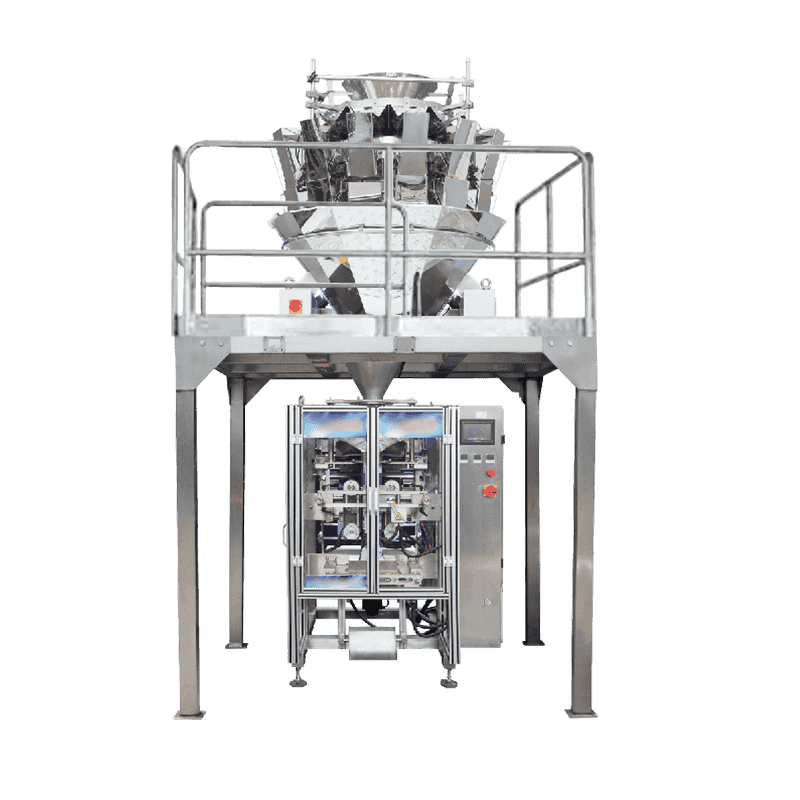
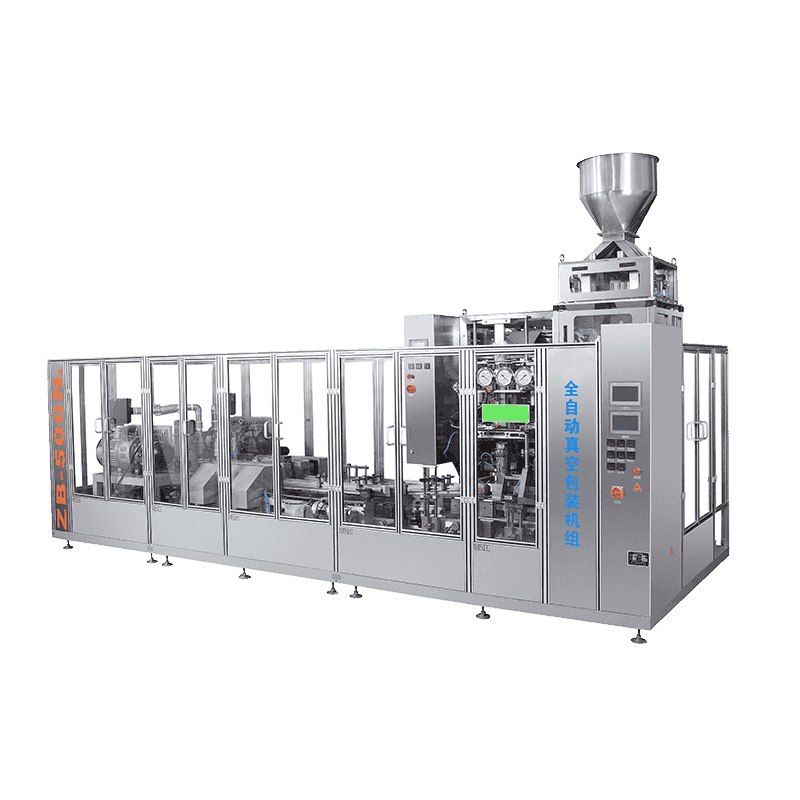
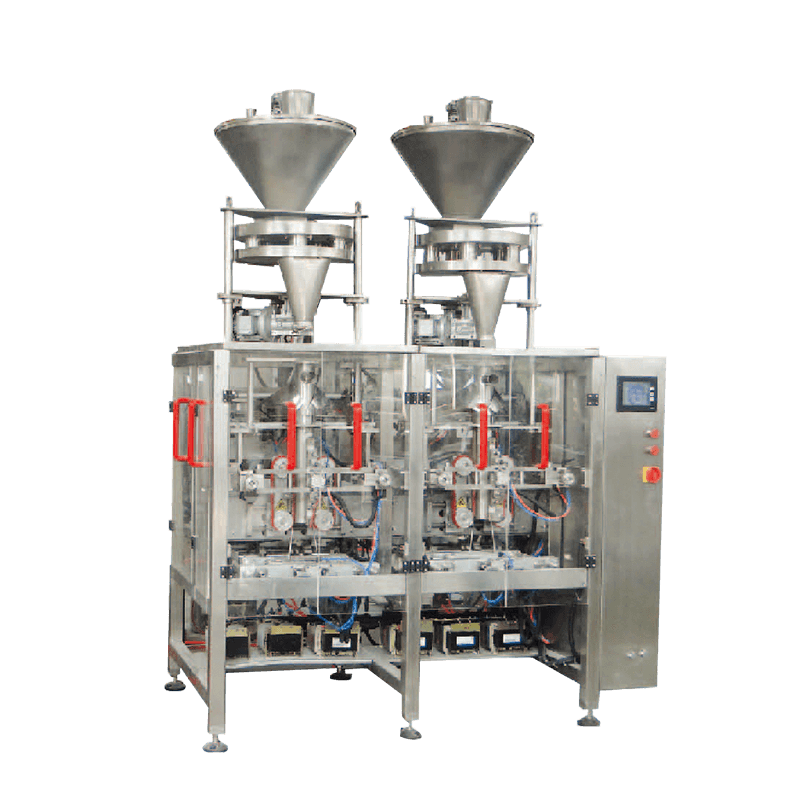
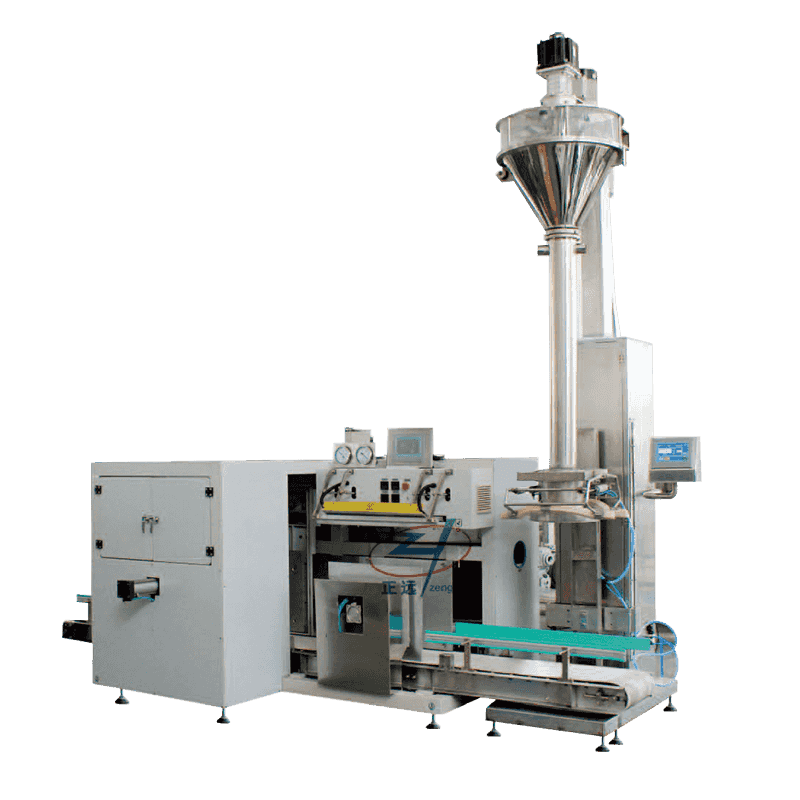
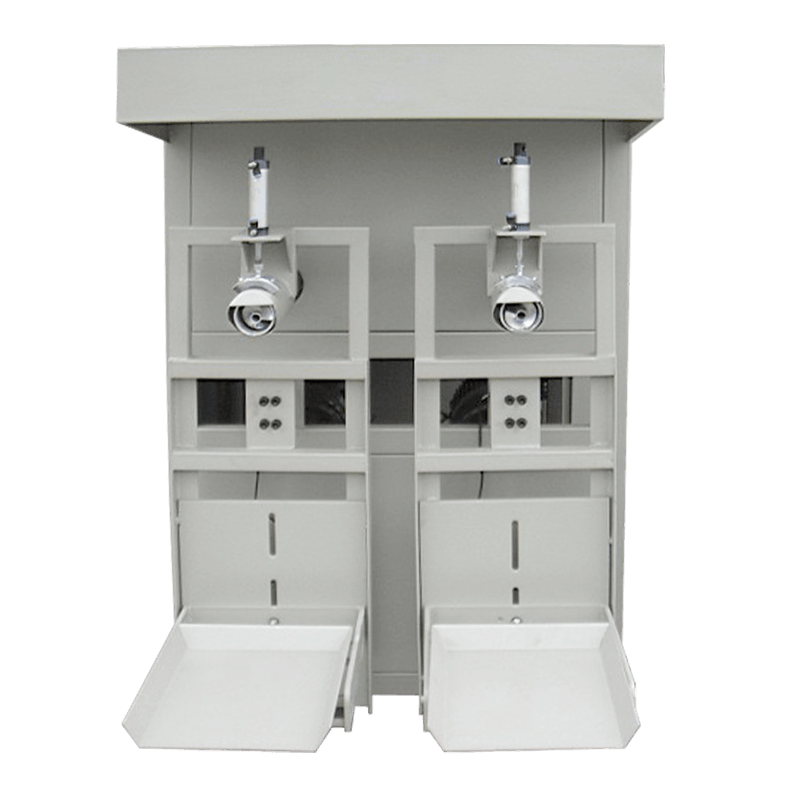
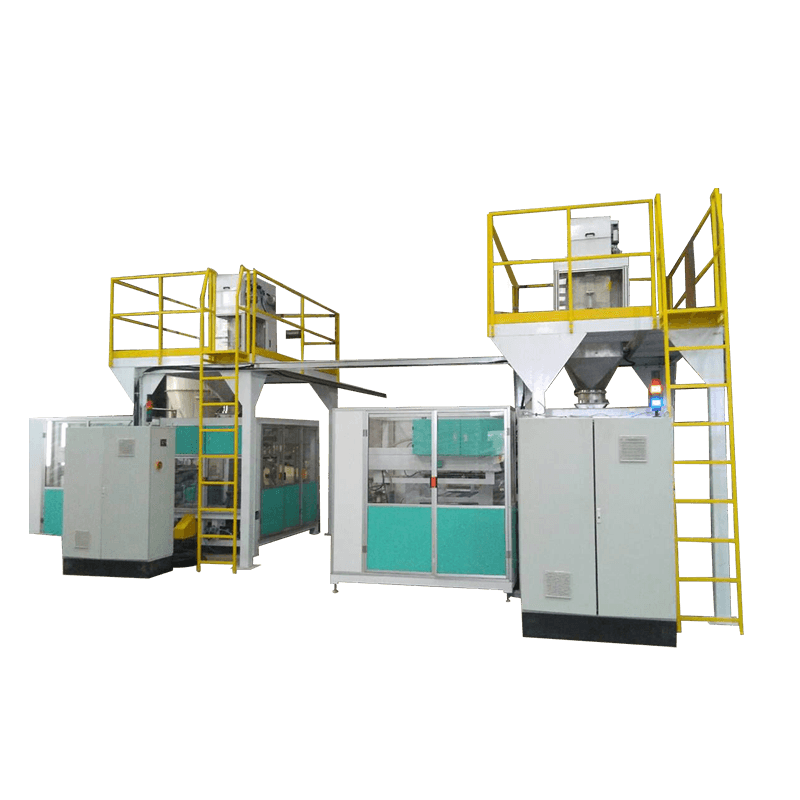
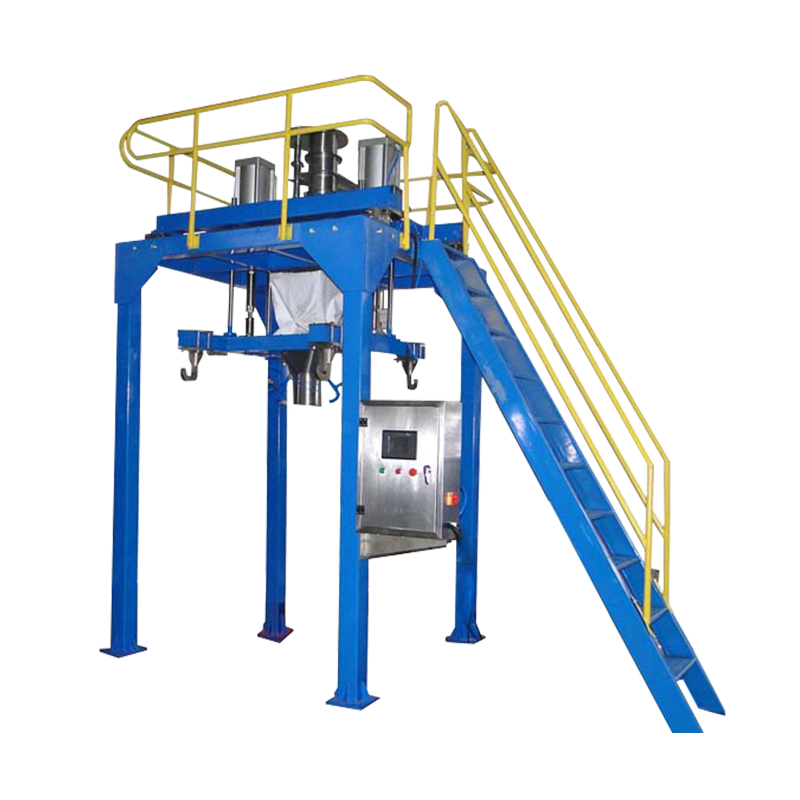
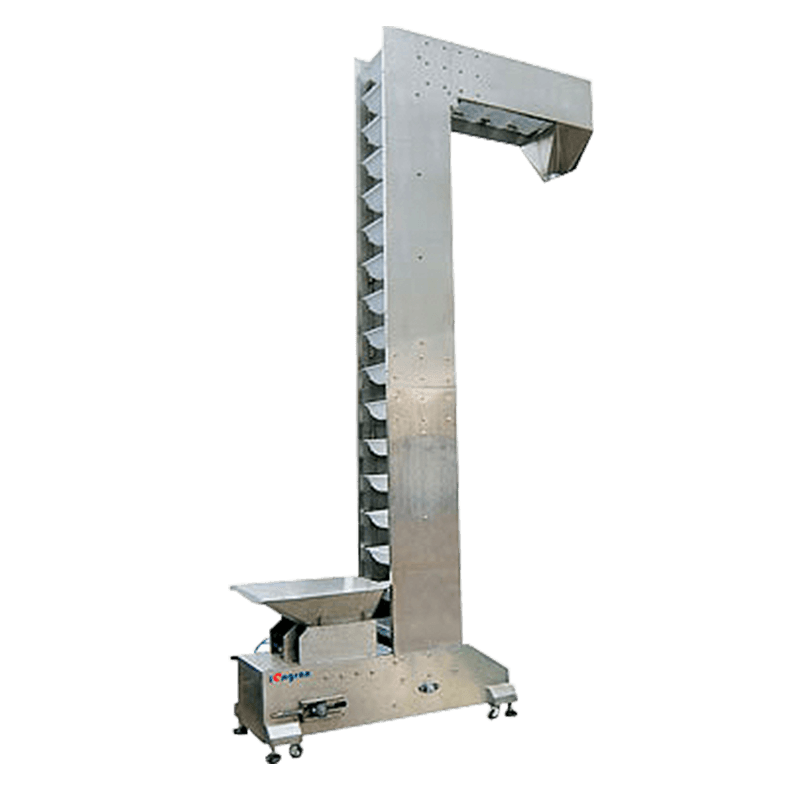
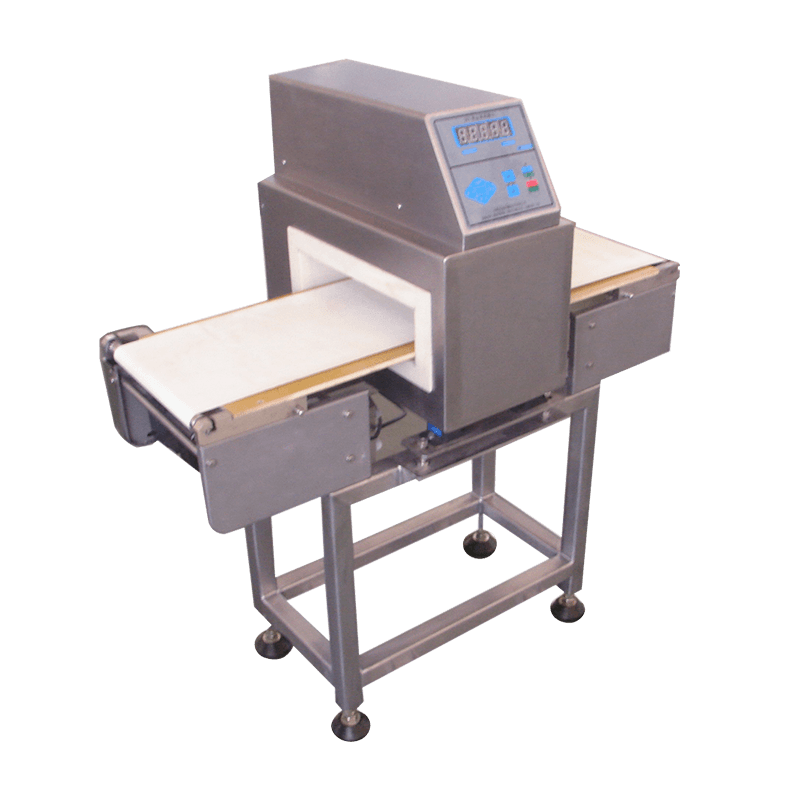
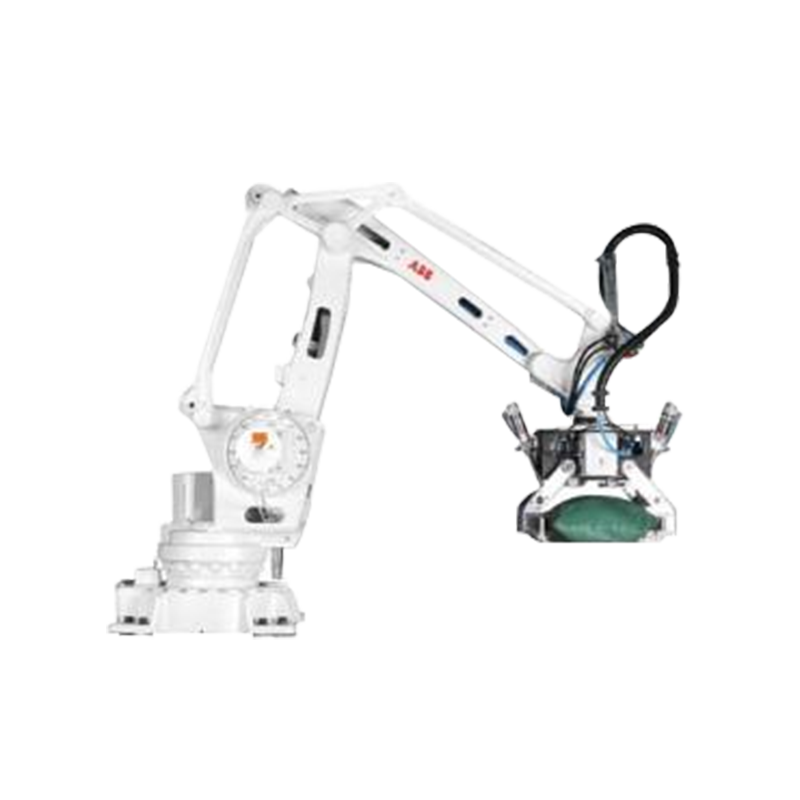
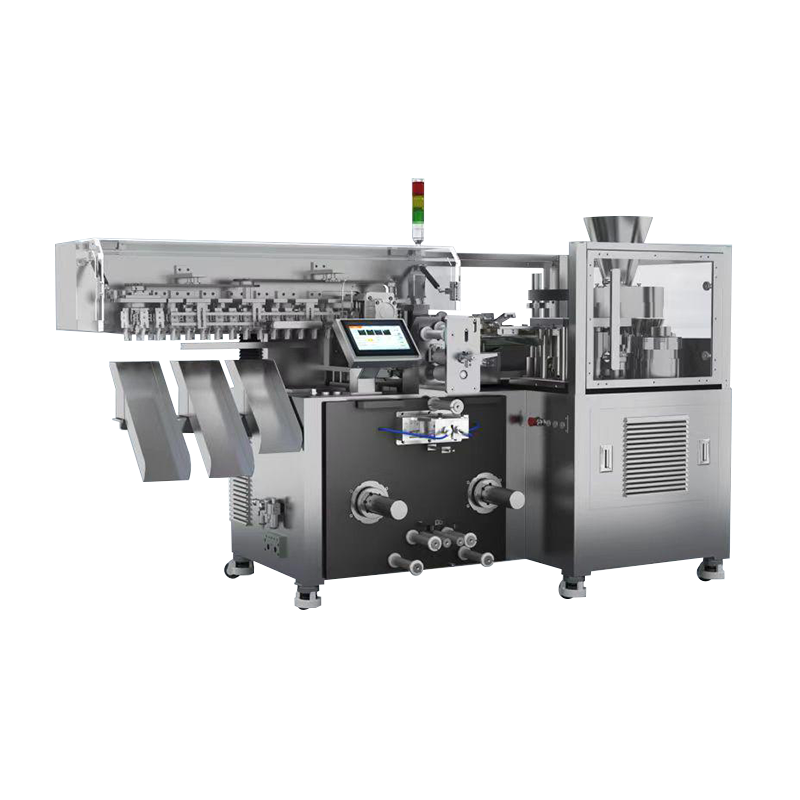
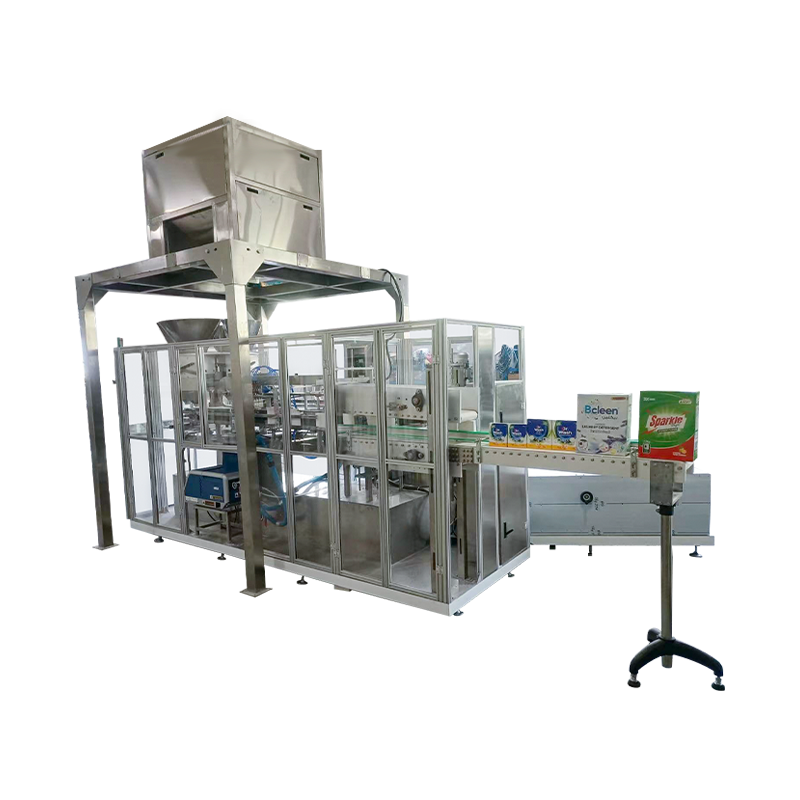

Contact Us